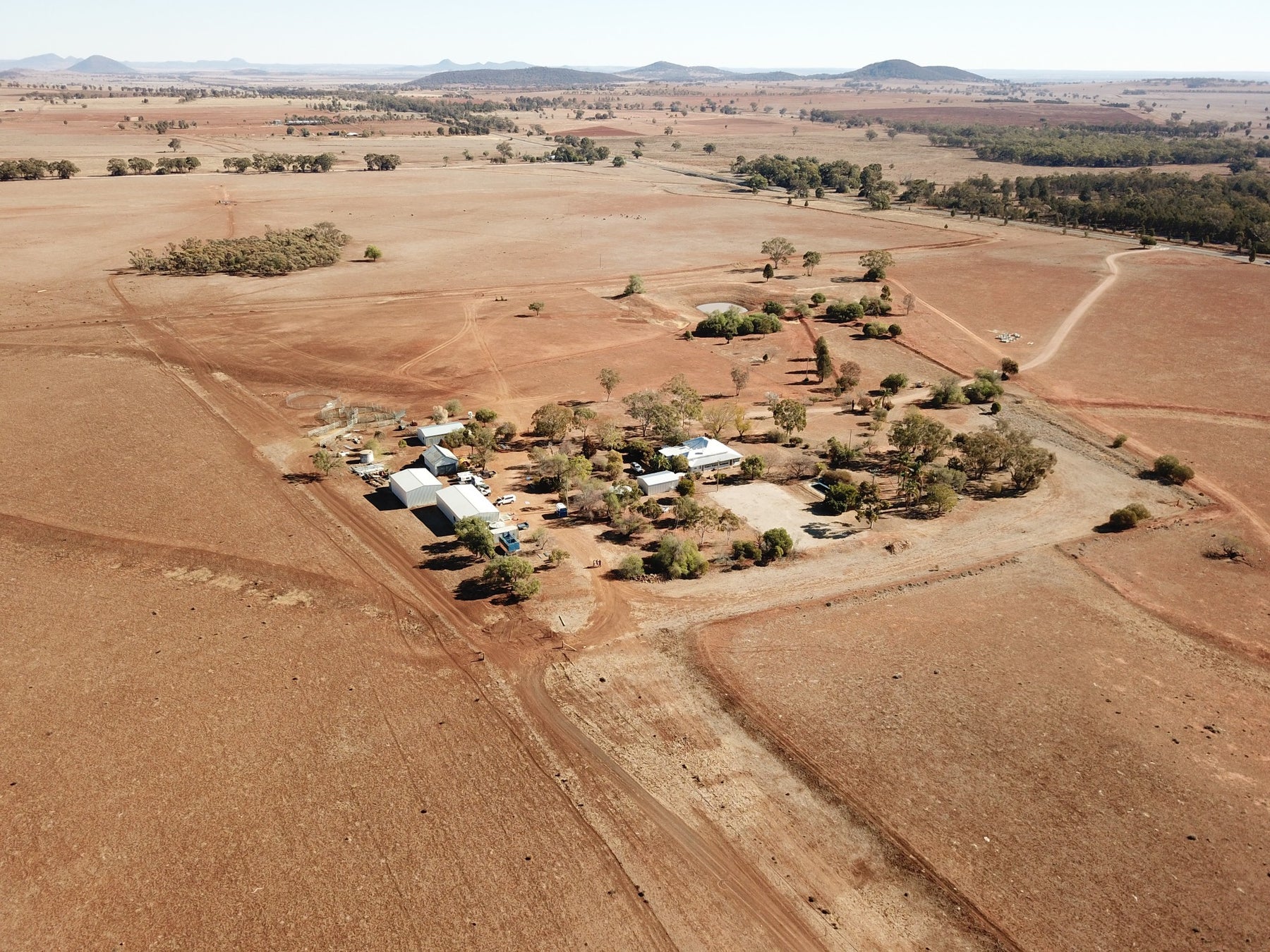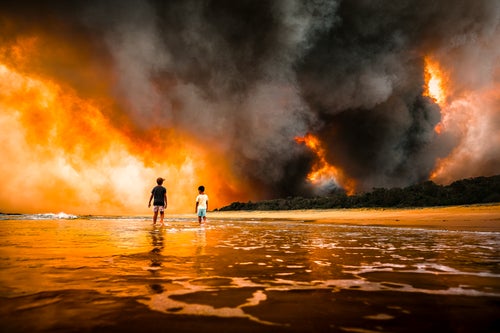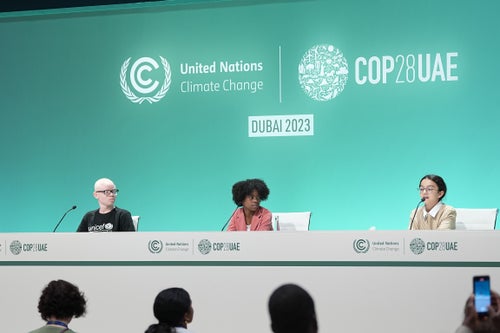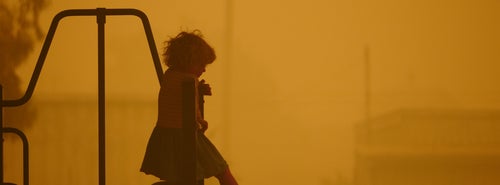Hayley’s family have been dairy farmers for decades. But Australia’s crippling prolonged drought has forced them to pack up their life and leave their home.
“Watching my childhood, my life, and my family change and disappear in front of my eyes without being able to stop it or prevent it all from happening is inconsolable,” says Hayley, 17, from Finley.
“This is what my family have done for decades and for generations but now it stops with me.”
Regional NSW is battling what some are calling the worst drought in living memory. Farms have been turned to dust and once flowing dams, rivers, and lakes are now tiled with cracked dirt.
For the town of Finley, the biggest issue has been the zero water allocations for farmers in the area. Despite the town’s close proximity to the Murray River, family farms have been unable to legally access any of its water.

Over the past three years, Hayley has watched on as her farm has suffered. This year has been particularly hard. Her family was forced to make the difficult, but not uncommon, decision to destock and put their property up for sale.
“It’s been the year with the most change, the year that has pushed me past my breaking point,” she says.
“To sell the place that I have called home for most of my life, to sell the animals that we have reared from babies and to give up on their livelihoods, there is only so much that one can take.
“Selling your family farm is like selling a piece of yourself because your farm is you, it’s the thing that you share with your family.”
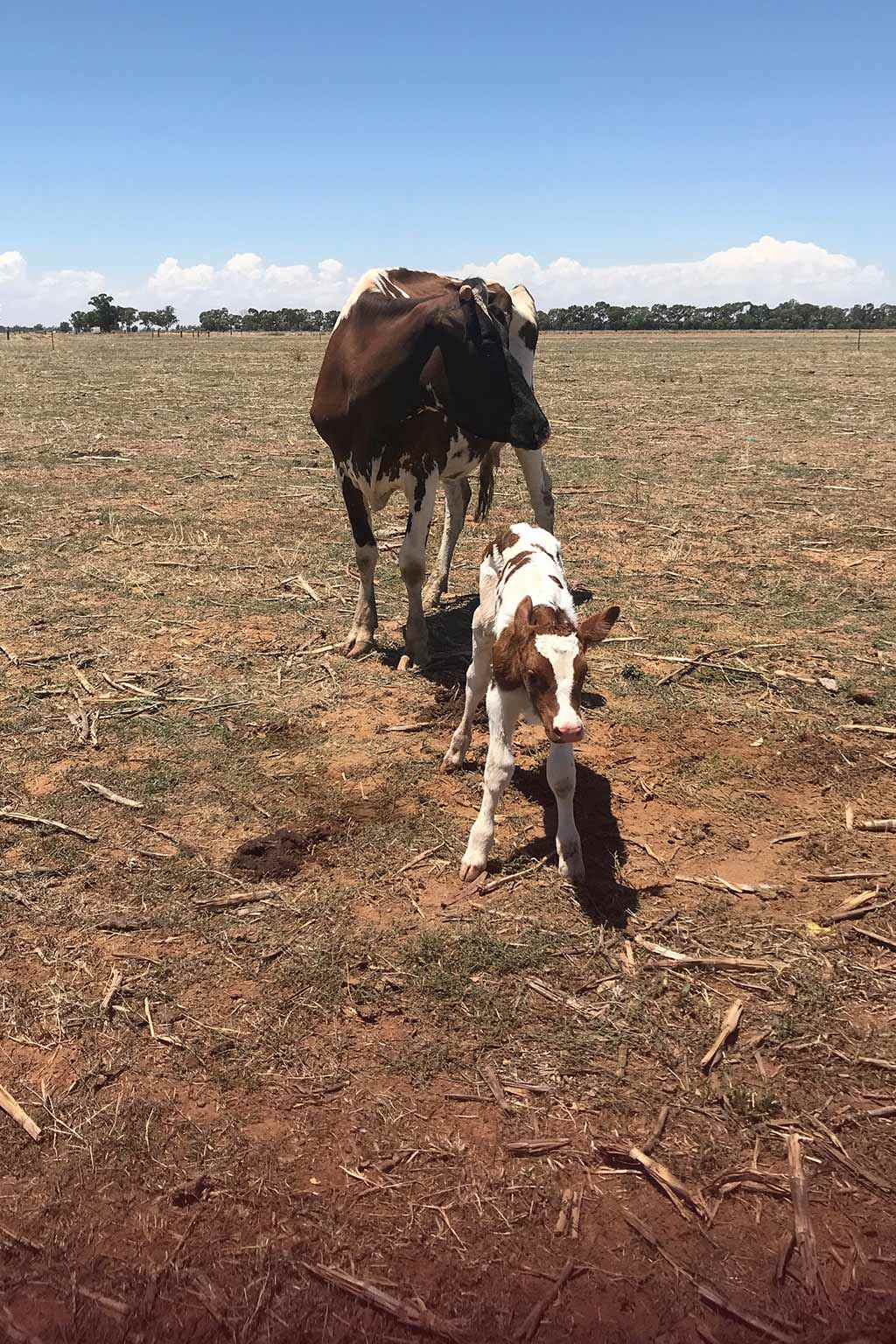
Hayley is one of the 88 young people who last week travelled from across New South Wales to share their experience and offer solutions to the drought at a UNICEF-run three-day summit.
“The summit was an opportunity for us, the young people of the community who have been affected by the drought, to have an impact on how the government can assist rural communities when they need it the most,” Hayley says.
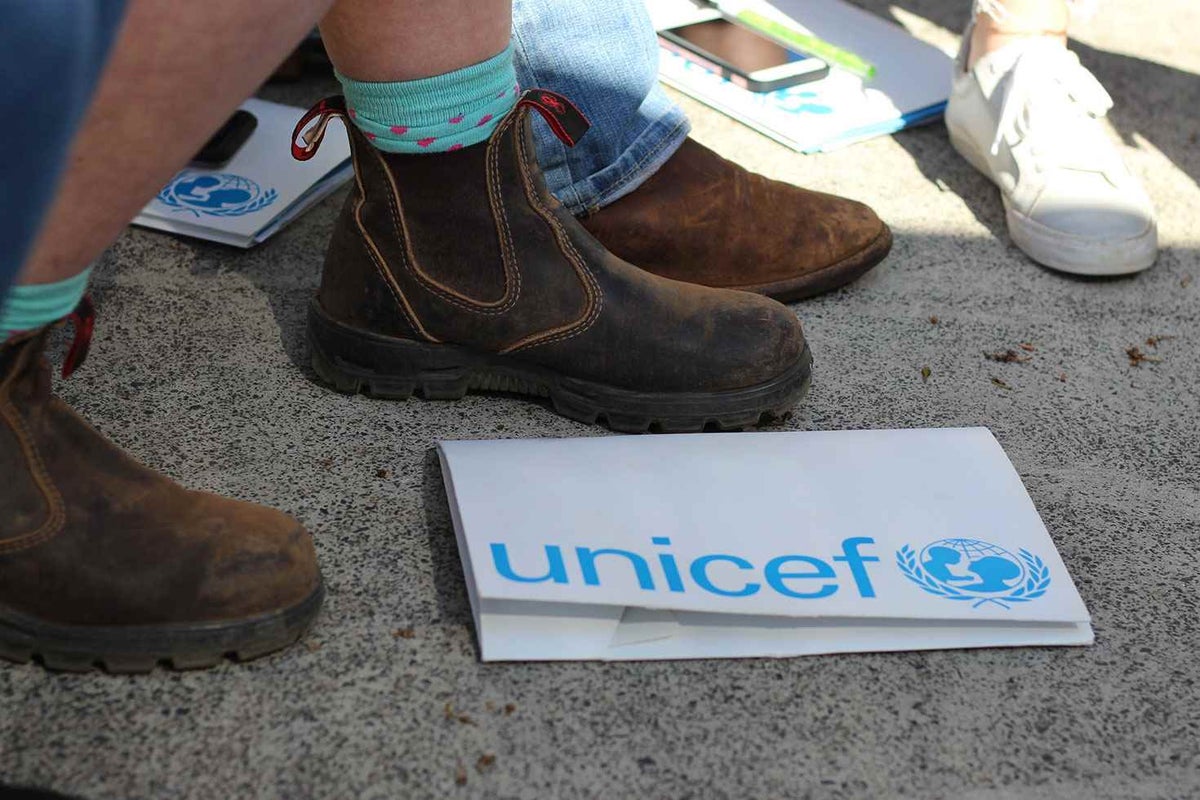
For Marli, 16, from a dairy farm in Picton, in the Macarthur region, the summit was an opportunity to connect with other young people who have been impacted by the drought and who are facing similar struggles and difficulties.
“We are all from regional towns and have 1000 plus acres so we don’t get to see a lot of people,” Marli says.
“A lot of my friends are on farms and we usually meet up at shows or dairy meetings but I have noticed that with every show or meeting, people have been dropping off and not coming either because they can’t get off the farm or because they have had to sell.
“I know people who have not just sold the farm but sold seventh generation animals and animal breeding. It’s really sad.”
Marli’s family have had to stop milking because of the drought and subsequent soaring water prices. It takes four litres of water to produce one litre of milk.
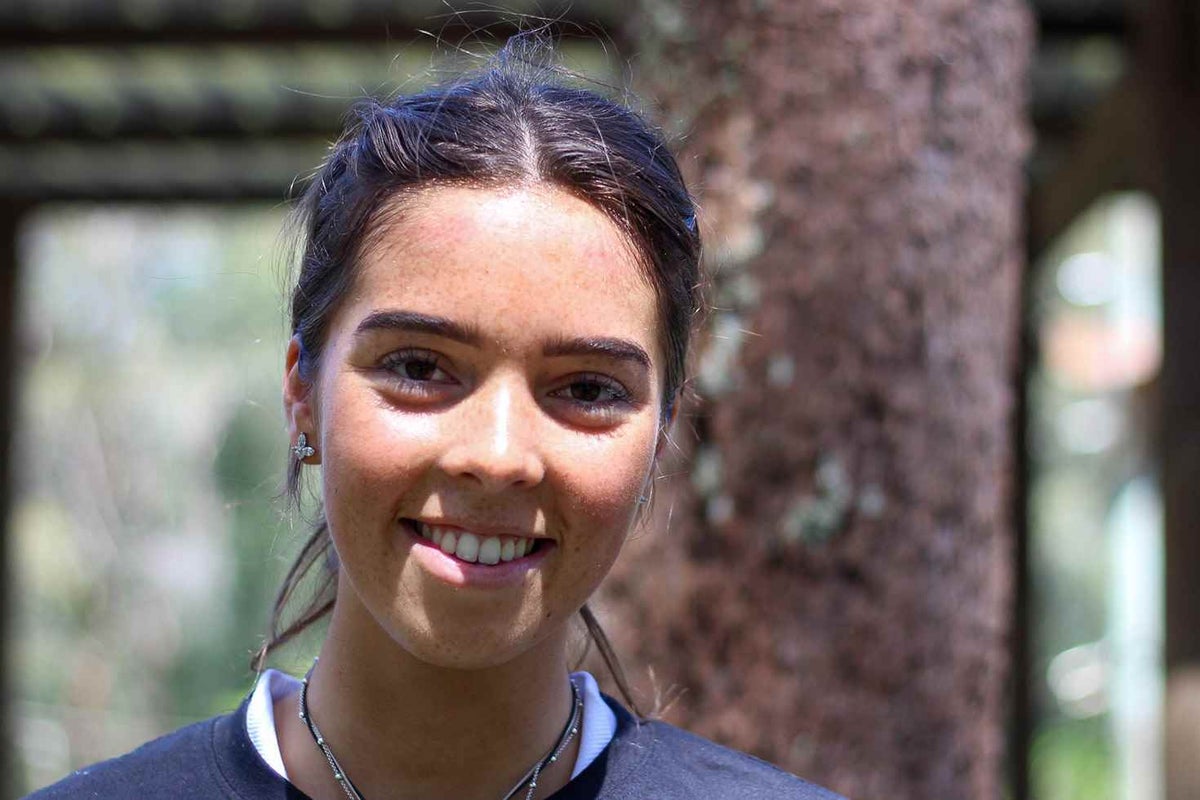
Like Marli, many others raised concern over water throughout the three-day summit.
During a panel discussion with politicians and community leaders on the final day, one participant asked what had been done to preserve water prior to the drought.
Another asked for cities like Sydney to be put on the same water restrictions as drought-stricken areas (Sydney is currently on a level one restriction, while regions of NSW are on a three).
These were just a few of the suggestions and solutions raised.
Overall, young people wanted their fellow Australians to understand the impact the drought is having on rural communities, including indigenous people, new and generational farming families, and migrant families who have settled in communities across regional NSW.
In their words: “This work is urgent. Our communities are depending on us, and on you. We won’t stop fighting for the people and places we love.”
Read more about the solutions and actions young people want to see.
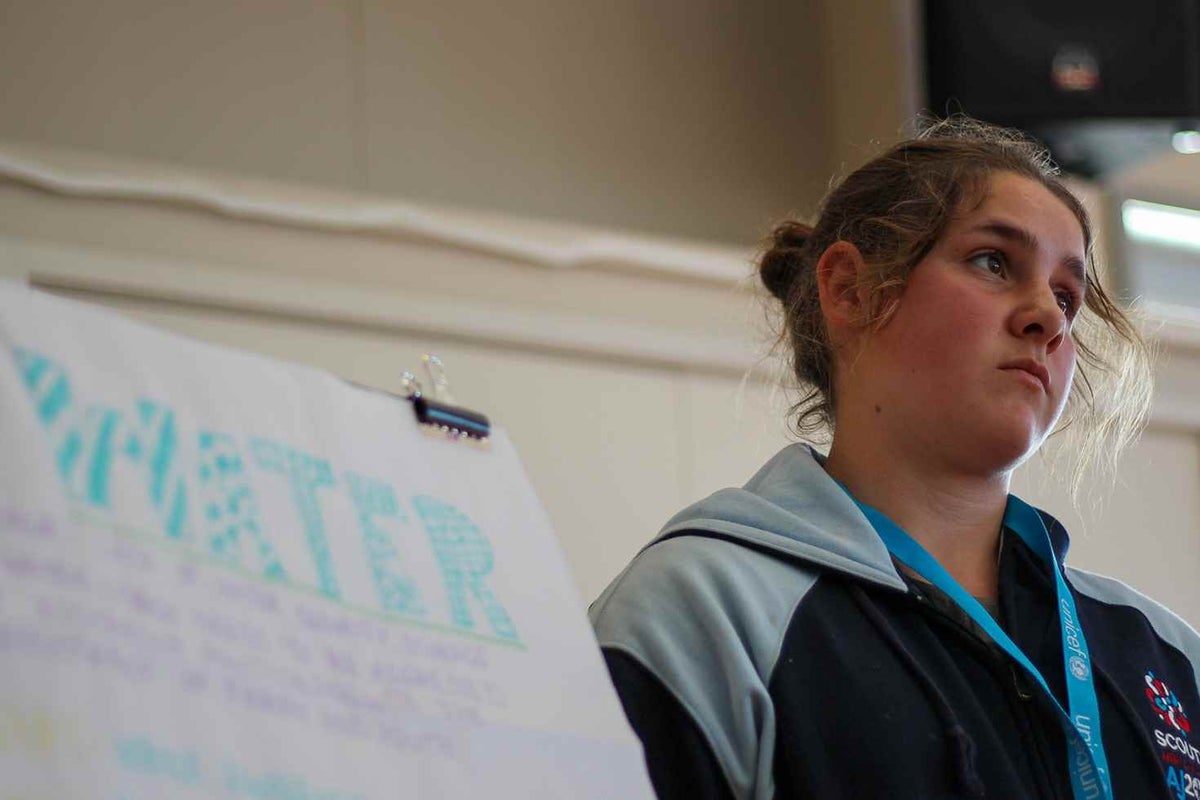
Related articles
Stay up-to-date on UNICEF's work in Australia and around the world



